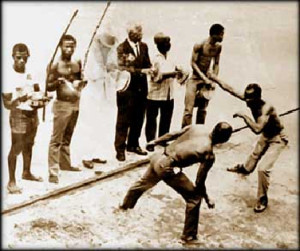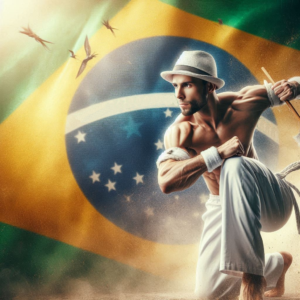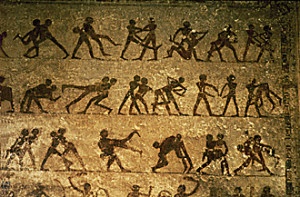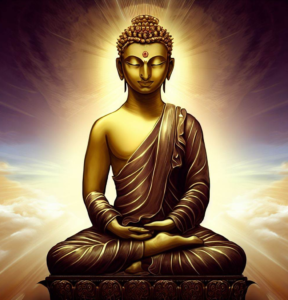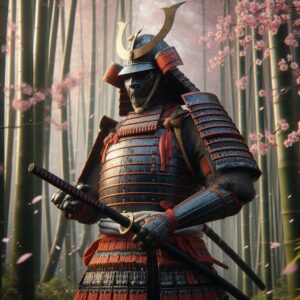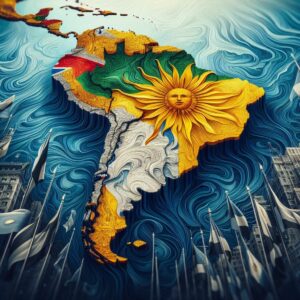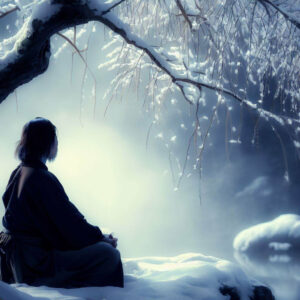Meaning of capoeira
What is capoeira?
Origin and etymology of the name
The origin of the word “capoeira” is as shrouded in mystery as the origins of the art itself. Generally, there are three possible definitions and etymologies for the word capoeira: one Tupi-Guarani, one Portuguese, and one African. Each etymology contains a corresponding theory about the association of the word “capoeira” with the Brazilian martial art.
Tupi-Guarani: According to the Tupi-Guarani theory, the word “capoeira” originated from the terms “Caa” or “KAA” (referring to dense vegetation) and “coêra,” “poêra,” or “puêra” (indicating a change in the state of the undergrowth). This theory links the practice of capoeira to the experiences of enslaved people who would retreat into the wilderness, using their martial skills to evade capture by the Capitães-do-mato (officials sent to recapture them).
Portuguese: Another theory concerns the Portuguese origin of the word “capoeira”. According to this theory, “capoeira” derives from “capão” (capon, a young castrated male chicken) and the suffix “-eira”, which indicates a large basket or cage where capons and other birds are kept. This etymology suggests that enslaved people who carried cages of birds to sell at the market would spend their time practicing capoeira, using the movements of this martial art to entertain and prepare to defend themselves.
African: The African origin of the word “capoeira” is the subject of a third theory. It proposes that “capoeira” is derived from the Kikongo terms “kipula” or “kipura”, which refer to the sweeping motions characteristic of African martial arts. This connection between the word and the art is evident in the numerous sweeping movements found in capoeira, suggesting a strong influence of African martial traditions on its development in Brazil.
Meaning of capoeira
Beyond its complex and fascinating etymology, capoeira holds a deep and philosophical meaning. This Brazilian martial art is not merely a series of movements and combat techniques but represents a true lifestyle for its practitioners. Capoeira incorporates elements of dance, music, and acrobatics, creating a holistic experience that promotes harmony between body and mind. It is a celebration of freedom and cultural resistance, a symbol of the struggle against oppression, and a means of preserving and transmitting African traditions in Brazil.
What is capoeira?
Capoeira is a unique Brazilian martial art that combines elements of fighting, dance, acrobatics, and music. It is much more than just a combat technique; it is a cultural and artistic expression that reflects the history and resistance of the African people in Brazil. Capoeira practitioners, called “capoeiristas”, perform in a “roda”, a circle formed by the other participants who sing and play traditional instruments like the berimbau. This playful and musical context creates an atmosphere where capoeiristas can express their creativity, agility, and skill, making capoeira a discipline that celebrates freedom, community, and cultural identity.
Philosophy of capoeira
Capoeira is much more than a series of acrobatic movements and combat techniques. It is a discipline that embodies deep values such as resilience, freedom, and community. The philosophy of capoeira is based on the idea of using martial arts not only for self-defense but also for self-expression and preserving a culture. African slaves in Brazil used capoeira as a form of resistance and a way to preserve their traditions, transforming pain and suffering into a celebration of life and freedom. Today, capoeira continues to be a symbol of the struggle against oppression and a means of promoting inclusion and equality.
Conclusion
Ultimately, capoeira is a martial art that goes far beyond combat. It is a symbol of cultural resistance and a celebration of freedom. Its practice allows the preservation of African traditions in Brazil while promoting harmony between body and mind. Capoeira represents a means of personal and collective expression, uniting dance, music, and martial technique in a single fascinating and profound discipline. The philosophy of capoeira invites practitioners to transform challenges into opportunities, to cultivate resilience, and to celebrate their cultural identity through movement and creativity.


